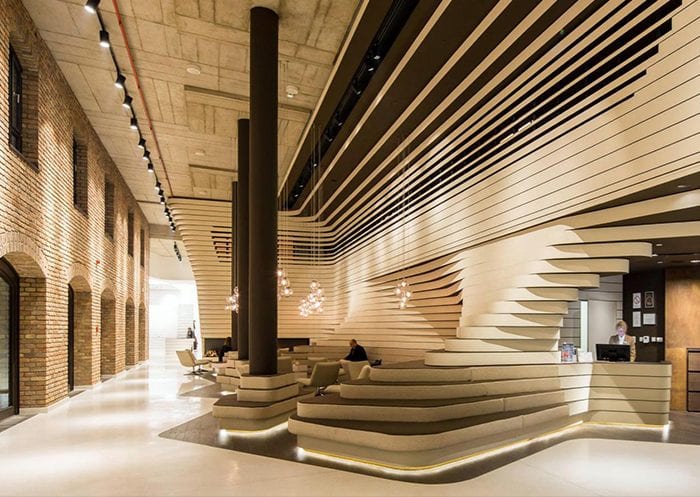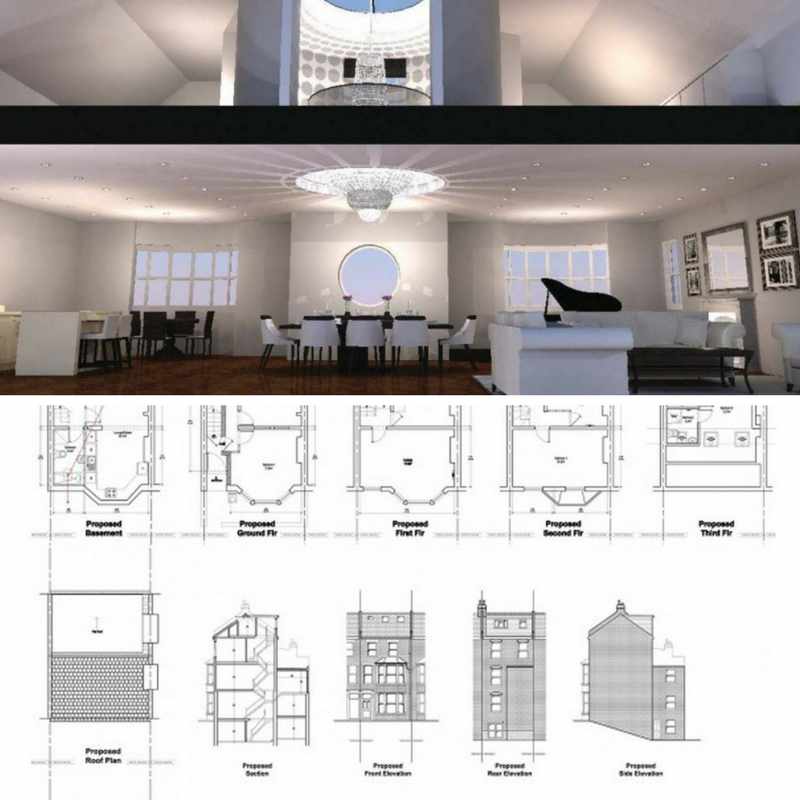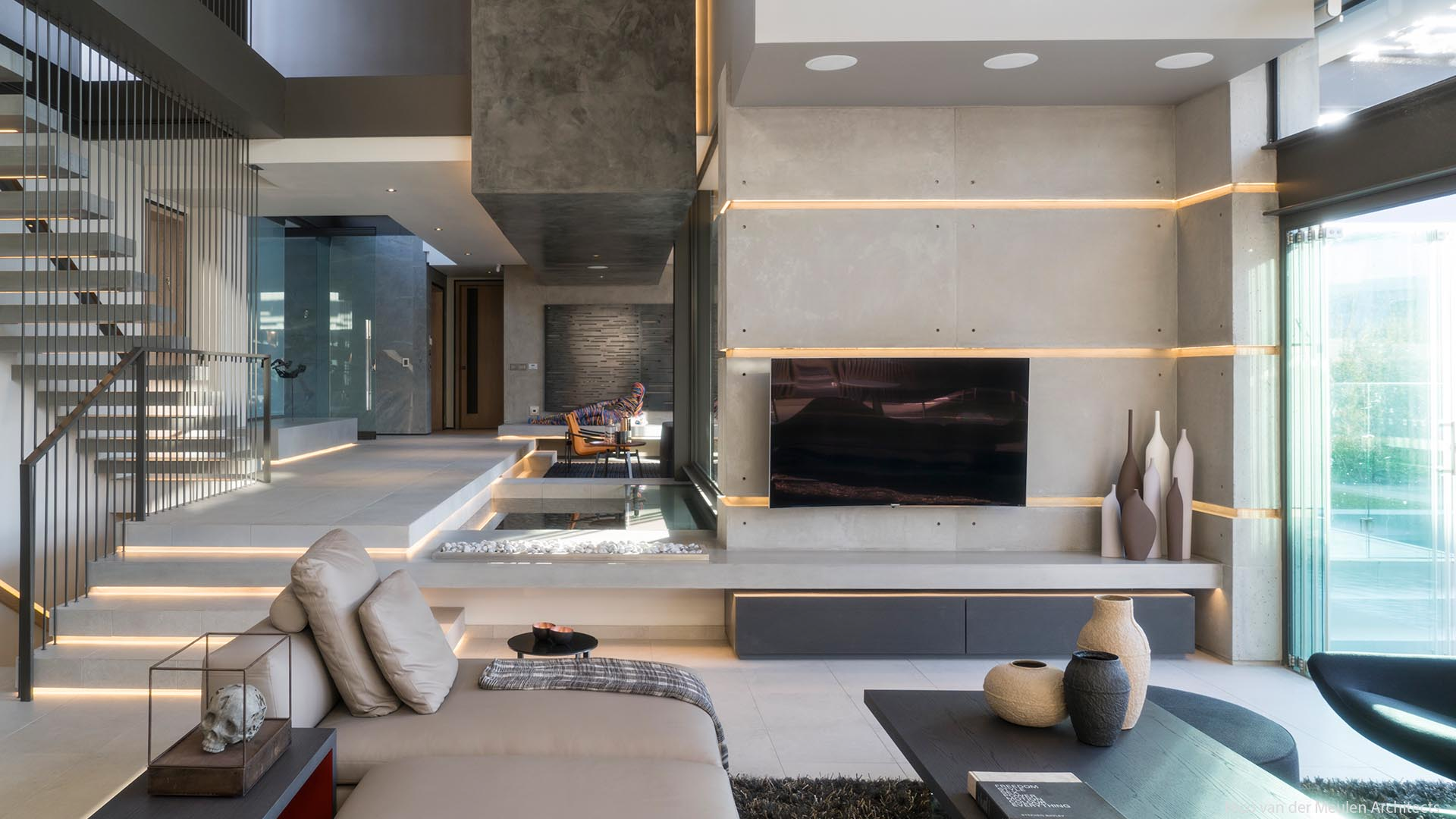The Art of Equilibrium: How Interior Design and Home Designer Collaborate for Stunning Results
In the realm of home layout, striking a balance in between looks and functionality is no tiny task. This delicate stability is attained through the unified collaboration in between indoor developers and designers, each bringing their unique knowledge to the table. The result? Areas that are not just visually spectacular however also exceptionally comfortable. This excellent blend is not always easy to attain. Remain with us as we discover the intricacies of this collective process and its transformative effect on home layout.
Recognizing the Core Distinctions Between Interior Decoration and Home Architecture
While both Interior Design and home style play vital duties in developing cosmetically pleasing and useful rooms, they are naturally various self-controls. Home design primarily concentrates on the structural aspects of the home, such as developing codes, security laws, and the physical building of the room. It deals with the 'bones' of the structure, functioning with spatial measurements, bearing walls, and roof covering layouts. On the various other hand, Interior Design is more concerned with boosting the sensory and visual experience within that framework. It includes picking and preparing furniture, picking color design, and integrating attractive elements. While they function in tandem, their roles, duties, and areas of experience diverge significantly in the production of an unified home setting.
The Harmony Between Home Design and Interior Decoration
The synergy in between home design and Interior Design depends on a shared vision of design and the improvement of practical visual appeals. When these two fields straighten sympathetically, they can change a home from ordinary to phenomenal. This collaboration requires a much deeper understanding of each technique's principles and the capacity to create a cohesive, visually pleasing setting.
Unifying Design Vision
Unifying the vision for home style and indoor layout can produce an unified living area that is both functional and aesthetically pleasing. It advertises a synergistic approach where architectural aspects enhance interior style components and vice versa. Hence, unifying the style vision is important in blending design and indoor layout for sensational results.
Enhancing Functional Visual Appeals
Just how does the synergy in between home design and Interior Design enhance practical visual appeals? This harmony enables the development of rooms that are not only visually appealing however likewise easily usable. Engineers lay the foundation with their structural style, guaranteeing that the space is functional and reliable. The indoor developer after that enhances this with carefully chosen elements that improve the aesthetic appeals without compromising the capability. This harmonious collaboration can lead to homes that are both livable and gorgeous. An engineer may create a house with high ceilings and large home windows. The interior designer can then accentuate these features with large drapes and tall plants, respectively, hence boosting the aesthetic appeal while maintaining the useful advantages of natural light and spaciousness.
Significance of Cooperation in Creating Balanced Spaces
The partnership in between interior developers and designers is crucial in producing well balanced areas. It brings harmony in between design and style, bring to life rooms that are not only cosmetically pleasing however likewise functional. Checking out successful collective techniques can provide understandings right into just how this synergy can be properly achieved.
Integrating Layout and Design
Balance, a necessary aspect of both Interior Design and style, can only absolutely be achieved when these 2 areas operate in harmony. This consistency is not merely an aesthetic factor to consider; it affects the performance, durability, and eventually, the livability of a room. Interior designers and designers should recognize each various other's roles, appreciate their proficiency, and check this site out connect effectively. They should consider the interaction of structural elements with decoration, the circulation of rooms, and the impact of light and color. This collective process leads to a natural, well balanced layout where every aspect adds and has an objective to the overall aesthetic. Therefore, harmonizing design and style is not practically developing lovely rooms, however concerning crafting rooms that function seamlessly for their inhabitants.
Successful Joint Methods

Situation Studies: Effective Combination of Design and Style
Analyzing a number of instance studies, it ends up being evident just how the successful combination of interior layout and style can transform a space. Designer Philip Johnson and indoor developer Mies van der Rohe teamed up to create a harmonious balance between the structure and the inside, resulting in a smooth circulation from the exterior landscape to the inner living quarters. These case research studies underline the profound effect of a successful design and style partnership.

Overcoming Challenges in Style and Design Cooperation
In spite of the indisputable advantages content of a successful collaboration in between indoor design and design, it is not without its difficulties. Architects may prioritize architectural integrity and security, while developers concentrate on comfort and style. Reliable communication, mutual understanding, and compromise are vital to get rid of these difficulties and accomplish a successful and unified cooperation.

Future Patterns: The Evolving Connection Between Home Architects and Interior Designers
As the globe of home style continues to evolve, so does the partnership between architects and interior designers. The trend leans towards an extra integrated and collective strategy, damaging totally free from conventional functions. Architects are no longer entirely concentrated on structural integrity, yet likewise involve in improving aesthetic allure - Winchester architect. Alternatively, interior developers are embracing technical aspects, influencing overall design and capability. This progressing symbiosis is driven by improvements in modern technology visit site and the expanding demand for rooms that are not only visually pleasing but also practical and lasting. The future promises a much more cohesive, ingenious, and flexible technique to home design, as designers and designers remain to obscure the lines, cultivating a connection that truly embodies the art of balance.
Conclusion
The art of equilibrium in home design is attained with the unified cooperation in between interior developers and architects. An understanding of each other's disciplines, effective communication, and shared vision are crucial in creating visually stunning, useful, and inviting areas. In spite of difficulties, this partnership cultivates development and technology in layout. As the relationship in between home designers and indoor developers progresses, it will certainly remain to form future fads, improving convenience, effectiveness, and individual expression in our space.
While both indoor style and home style play crucial roles in creating aesthetically pleasing and practical areas, they are inherently different self-controls.The harmony between home architecture and interior style lies in a common vision of style and the enhancement of practical aesthetic appeals.Combining the vision for home architecture and indoor style can develop a harmonious living room that is both practical and visually pleasing. Hence, unifying the layout vision is vital in blending style and indoor style for spectacular results.
Just how does the synergy between home design and indoor layout enhance useful appearances? (Winchester architect)